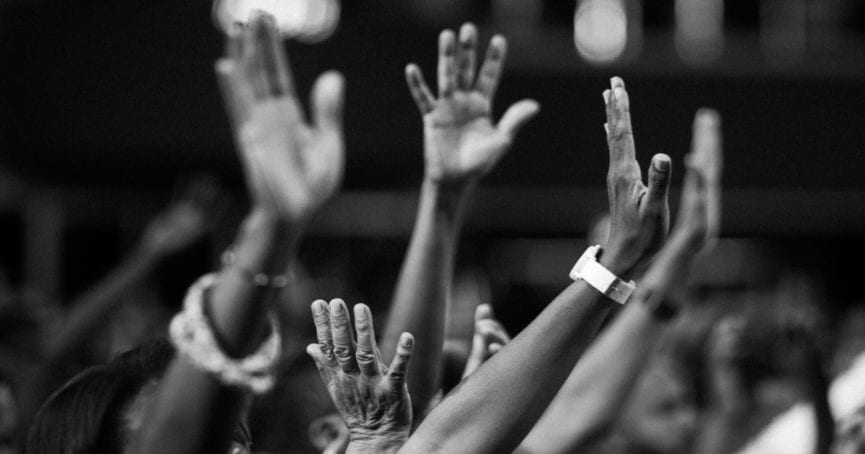
There are genuine reasons for all the actions you dislike. If what you need is a reason to do things rather than "obey blindly", simply think about the reasons. I do agree with your way of dealing with the situation, though. I am simply reminded of something my old pastor used to say: "If we can't even obey the simplest, most explicit rules of church, how are we expected to obey the abstract rules like 'love thy neighbour'?"įinally, please spare a thought for those who lead the church. Obeying such simple commands to demonstrate togetherness emanating from whoever is leading the service or meeting demonstrates respect for not only the person leading the service but the authority who put the person in that place to give those commands (i.e.

It demonstrates that sometimes it's not about you but about your fellow believers. Obviously there is a limit to this, but you're not being told to break the law or commit a sin, only to demonstrate togetherness as brothers and sisters. Obedience is a way to demonstrate one's love for another. "If anyone loves me, he will obey my teaching." John 14:23 Give God applause = you mean you don't want to give God applause? Shake hands = because we can show mutual respect and acknowledgement of each other's presence as parts of the body of Christ Say "amen" = because you can all show you agree with what is being said Hold hands = because we are brothers and sisters and we want to show support for the person next to you. The New Testament further indicates that the imposition of hands conveyed a blessing and was a means of healing.Click to expand.I agree with you to an extent. The imposition of hands connected with baptism is a means whereby the convert is identified and so brought into the community it is further a setting apart for the service of God and is, on occasion, connected with the gift of the Holy Spirit. Ordination involves both setting apart and the conveyance of a gift, and the theme of identification is implicit in that the one ordained shares in the authority and is the representative of the ordainer. In the New Testament the same ideas are present all of these ideas are connected with ordination and baptism, in both of which the imposition of hands is a standard part of the ritual. In the Hebrew Bible it is associated with three interrelated ideas: consecration ( i.e., setting apart for the service of God), transmission of a divine gift, and identification (the means whereby an offerer was linked with his sacrifice). The imposition of hands was first practiced in Judaism and was adopted by Christianity. Imposition of hands, also called Laying On Of Hands, ritual act in which a priest or other religious functionary places one or both hands palms down on the top of another person’s head, usually while saying a prayer or blessing.

SpaceNext50 Britannica presents SpaceNext50, From the race to the Moon to space stewardship, we explore a wide range of subjects that feed our curiosity about space!.

Learn about the major environmental problems facing our planet and what can be done about them!
JOINING HANDS IN PRAYER AT CHURCH HOW TO
JOINING HANDS IN PRAYER AT CHURCH DOWNLOAD


 0 kommentar(er)
0 kommentar(er)
